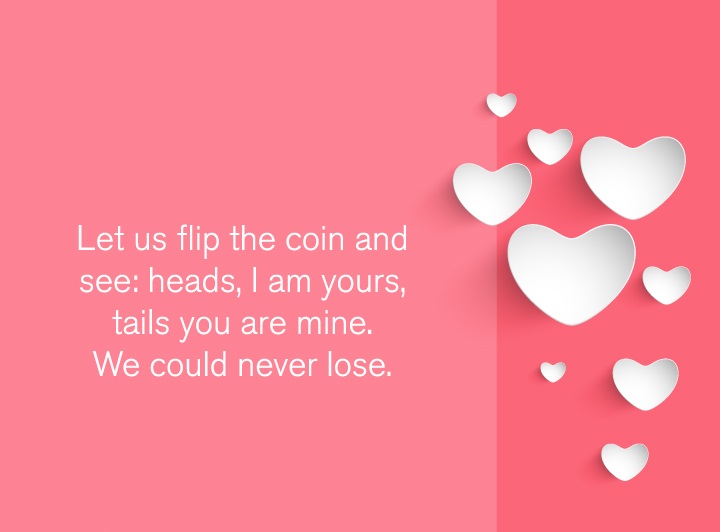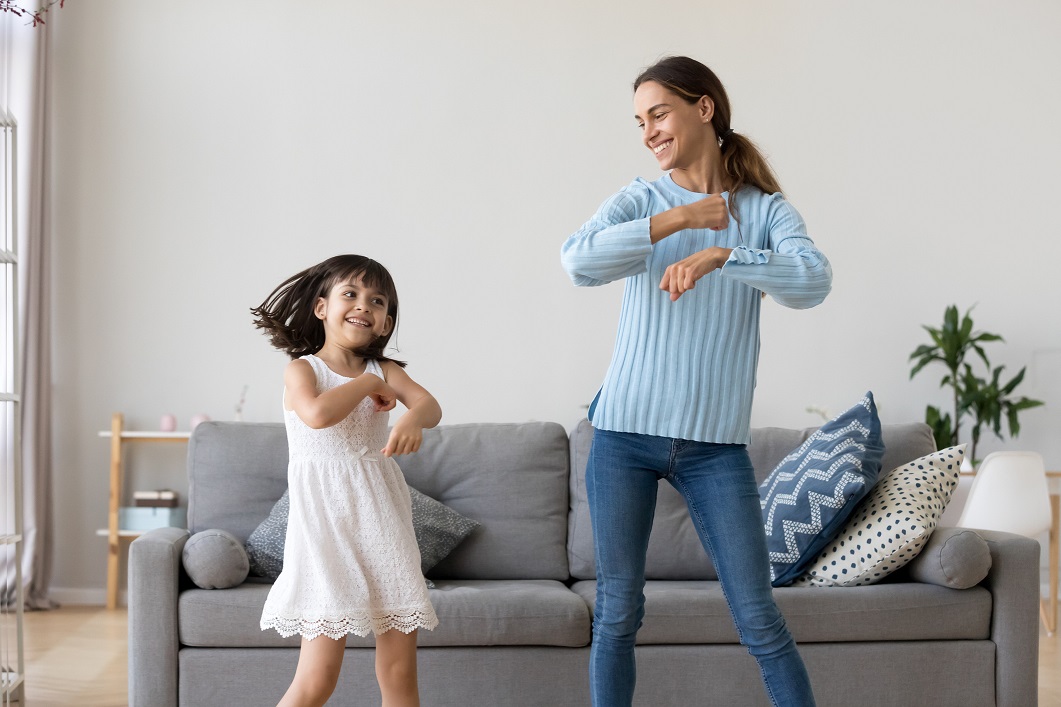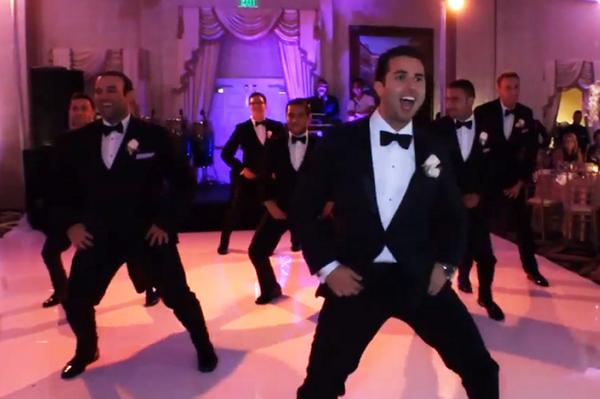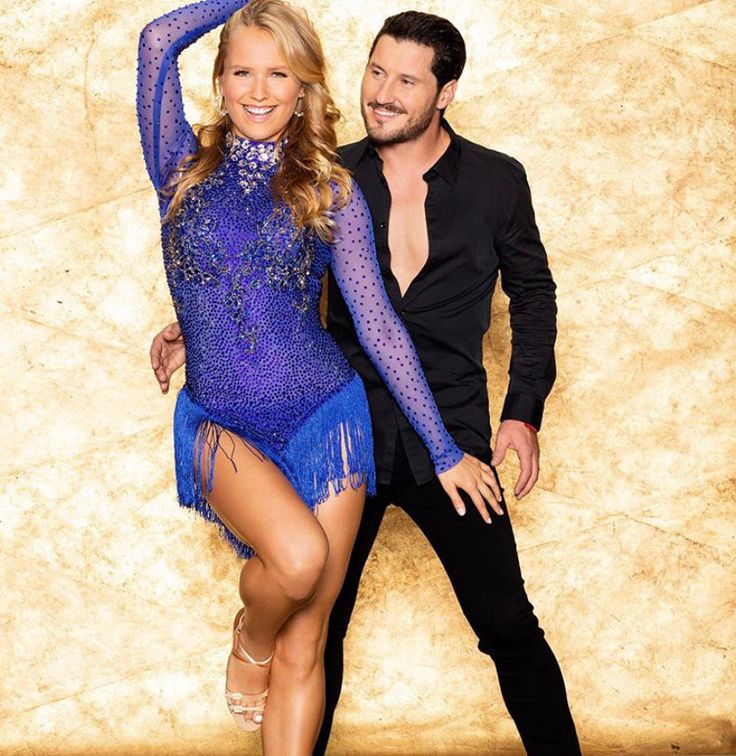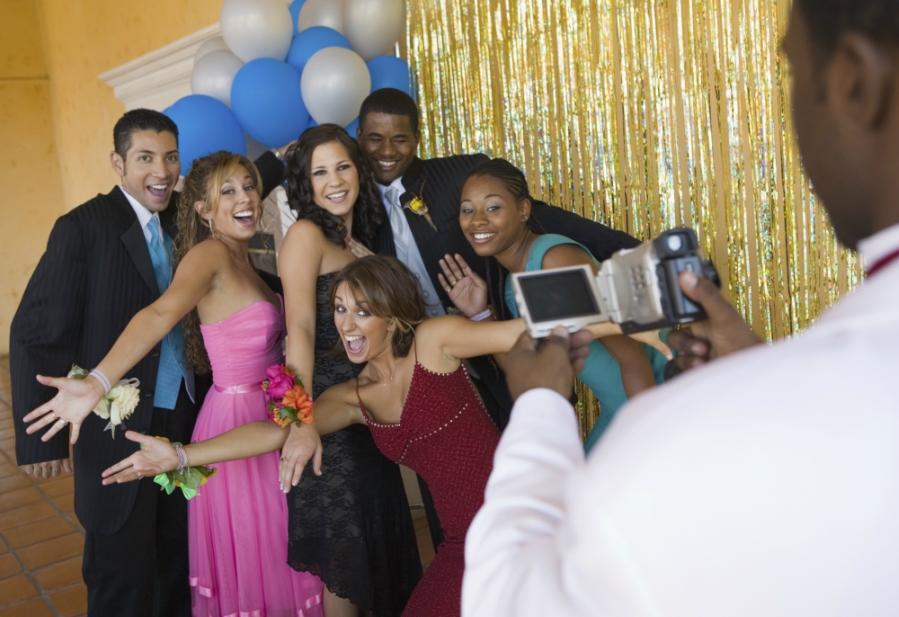The mother dance how children change your life
Books and Authors: The Denver Post
Denver Post Staff Writer THE MOTHER DANCE May 13 - In Harriet Lerner's B.C. life - Before Children - she couldn't understand why parents didn't exercise more control over their offspring in restaurants, or why kids weren't better behaved in the grocery store. "I'd look around me and think, arrogantly, "I will never be like that. As a psychologist at the renowned Menninger Clinic in Topeka, Kan., Lerner was sure she'd bring an educated, rational perspective to motherhood that would certainly set her apart from those beleaguered parents she saw in public. But today her sons Matthew and Ben are students at Brown University and the nest is empty. She's on tour, promoting her newest book, "The Mother Dance: How Children Change Your Life'' (Harper Collins; $25). And Lerner is more forgiving. "Certainly, one thing motherhood taught me was humility,'' she said. "Before I was a mother, I'd look around me, and I knew I'd never do those things. I'd never yell at my children, never fight with their father within earshot, never take them to McDonald's. I would not be a worrier,'' she recalled. "But, of course, I did all those things,'' she said. And more. There were times in her kids' lives when they'd push her buttons and she discovered Harriet the Psychologist, supposedly an expert on family relationships, could become Harriet the Mother with "the brain of a reptile,'' she admitted. Lerner shares those times, along with the observations of other mothers, in "The Mother Dance,'' her fourth book in a series ( "The Dance of Anger,'' "The Dance of Deception and "The Dance of Intimacy.'') All the books explore the notion that family members have a unique "dance'' that can both keep them locked into destructive patterns or lead to better relationships. But "The Mother Dance'' is different - and her favorite, said Lerner - because it has more of herself in it. She writes about how, when her boys were young, they'd fight at the dinner table, and she'd tell them to stop. But they'd simply ignore her, and she'd puzzle over what to do next. "Suddenly I'd be at a loss, as if a fog had descended on my brain and dissolved my thinking center,'' she writes. In a chapter titled "Ben's Earring and Other Power Struggles,'' she admits to her "most dramatic story of personal dysfunction,'' when she got stuck in an escalating pattern of anger with her son, then a high-school junior, over his messy habits. She writes how she had spent the better part of her career teaching others how to "change (their) steps in the family dance,'' yet was unable to either see or change what she was doing with Ben. These things didn't happen to her when she dealt with the adults in her life, she admitted. So what was happening to Harriet the Mother? Once she realized her role in the ordeal with Ben and was able to step out of it, she was able to own up to something that happens to ALL mothers: an "incredible range of feelings and emotions,'' which she wants other mothers to be able to acknowledge, as well. Those feelings can include dislike and rage, emotions many mothers have but rarely admit to publicly. "Before we have children, we don't have a clue what they will evoke in us,'' she said. She writes about the times mothers won't like their children very much, and perhaps even hate them. This is a nonjudgmental book. It's definitely not of the "Dr. Laura'' genre or other child-rearing books that draw clear boundaries for how mothers should act and feel and the choices they should make. Any mother held captive at the grocery store by a preschooler who's launched a public fit because his mother wouldn't buy him candy will feel better after reading "The Mother Dance.'' It's also not like the "What to Expect'' series - those best-selling books ( "What to Expect When Your Expecting,'' "What to Expect From Your Toddler'') that offer monthly and yearly guideposts for kids' developmental levels. "The Mother Dance'' doesn't offer mothers 10 quick steps to easy parenting, or an easy blueprint for how to overcome unruly children. Instead, it's designed to let mothers "hear the truth from other mothers, about the limitations, the vulnerabilities, the good, the bad, the unspeakable'' parts of motherhood,'' she said. Lerner notes that society continues to set "impossible standards for mothers,'' often judging them as either "good, or bad, when in reality, most of us can be both.'' And she's bothered by the "black and white polarity'' often set forth by other so-called experts. Consider radio shrink Dr. Laura (Schlessinger) who insists there is no gray area when it comes to a parent putting a career on hold to stay home with a child, or Penelope Leach who continues to offer her strict parameters for raising children. Lerner said she set out to write a parenting book, but after scoping out the bookstore, discovered there were "literally thousands (on the topic) ... more than any parent would have time to read and still continue being a parent,'' she said in a phone interview last week. "But there was a conspicuous absence of books that spoke to the experience of mothers, what motherhood was like,'' she said. "And I did tuck in some of my best parenting advice ... when it comes to giving advice, I can't help myself,'' said Lerner, who writes a monthly column for New Woman magazine. There is no "one right way'' to be a mother, she said, and women "should never pay money for any book that will make them feel guilty.'' That is, feel more guilty than they already do. Motherhood is, and always has been, more inextricably linked to guilt than it is to apple pie. "The only good thing about guilt is it's not terminal,'' she added. While she encourages mothers to share their best and worst with one another, there is no book that can tell us how to be a good parent. "In the end, every mother is the ultimate expert on her own self,'' she said. Lerner also believes that society must begin to change the way it looks at families. Before issues like adequate child care can be resolved, the culture must become less judgmental of and not financially punitive toward parents who cut back on careers to raise children. Too many child-rearing tasks - both the physical tasks as well as the emotional stuff - still fall to women, she said, which points to how ingrained the "power of gender'' is. Much of Lerner's clinical practice in Topeka is comprised of women trying to juggle multiple roles as mother, wife, career person and individual, she said. The book also touches on the difficulties of balancing all those, and she's big on helping women to think about themselves and how not to lose their sense of self as they get involved in their own "Mother Dance.'' The book is written for women who are contemplating motherhood, those smack in the middle of raising little ones, and women whose children are grown, she said. And no matter what stage a woman is at, or how old or young she is when she begins the motherhood journey, Lerner is forgiving. "I have been around long enough to not make glib predictions on how things will turn out for any mother,'' she said. Harriet Lerner will visit Denver to talk about and sign her book, at 7:30 p.m. June 11 at the Tattered Cover in Cherry Creek, 2955 E. First Ave., and at 7:30 p.m. June 12 at Boulder Books, 1107 Pearl St. You be the reviewer: If you have read this book and want to share your views send us an e-mail with your full name, day/evening phone numbers, book title and comments. Reviews will appear on The Denver Post Online. - Tell us what you think |
Return to Top
Return to Books
Return to Denver Post Home
The Mother Dance - Pikes Peak Library District
The Mother Dance - Pikes Peak Library District - OverDriveError loading page.
Try refreshing the page. If that doesn't work, there may be a network issue, and you can use our self test page to see what's preventing the page from loading.
Learn more about possible network issues or contact support for more help.
Search Advanced
From the celebrated author of The Dance of Anger comes an extraordinary book about mothering and how it transforms us — and all our relationships — inside and out.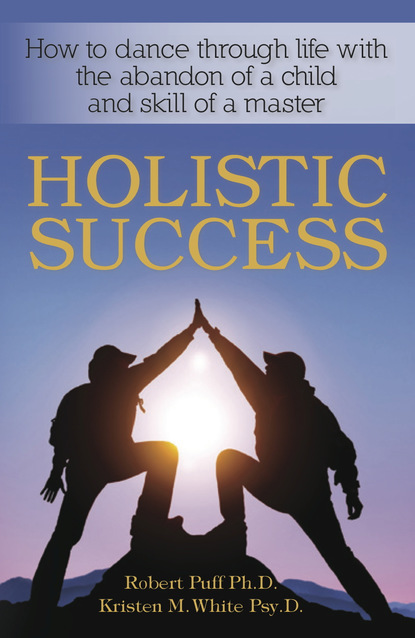 Written from her dual perspective as a psychologist and a mother, Lerner brings us deeply personal tales that run the gamut from the hilarious to the heart-wrenching. From birth or adoption to the empty nest, The Mother Dance teaches the basic lessons of motherhood: that we are not in control of what happens to our children, that most of what we worry about doesn't happen, and that our children will love us with all our imperfections if we can do the same for them. Here is a gloriously witty and moving book about what it means to dance the mother dance.
Written from her dual perspective as a psychologist and a mother, Lerner brings us deeply personal tales that run the gamut from the hilarious to the heart-wrenching. From birth or adoption to the empty nest, The Mother Dance teaches the basic lessons of motherhood: that we are not in control of what happens to our children, that most of what we worry about doesn't happen, and that our children will love us with all our imperfections if we can do the same for them. Here is a gloriously witty and moving book about what it means to dance the mother dance.
- Details
Publisher:
HarperAudio
Edition:
UnabridgedOverDrive Listen audiobook
ISBN: 9780062641496
File size: 277834 KB
Release date: July 12, 2016
Duration: 09:38:49MP3 audiobook
ISBN: 9780062641496
File size: 278275 KB
Release date: July 12, 2016
Duration: 09:38:42
Number of parts: 11 - Creators
- Harriet Lerner - Author
- Suzanne Toren - Narrator
- Formats
OverDrive Listen audiobook
MP3 audiobook - Languages
English
- Reviews
Loading
Availability can change throughout the month based on the library's budget. You can still place a hold on the title, and your hold will be automatically filled as soon as the title is available again.
You can still place a hold on the title, and your hold will be automatically filled as soon as the title is available again.
The OverDrive Read format of this ebook has professional narration that plays while you read in your browser. Learn more here.
Your session has expired. Please sign in again so you can continue to borrow titles and access your Loans, Wish list, and Holds pages.
If you're still having trouble, follow these steps to sign in.
Sign in
The library card you previously added can't be used to complete this action. Please add your card again, or add a different card. If you receive an error message, please contact your library for help.
Add a card Contact support
“I was all drooping because of the nightmare situation with Camila.
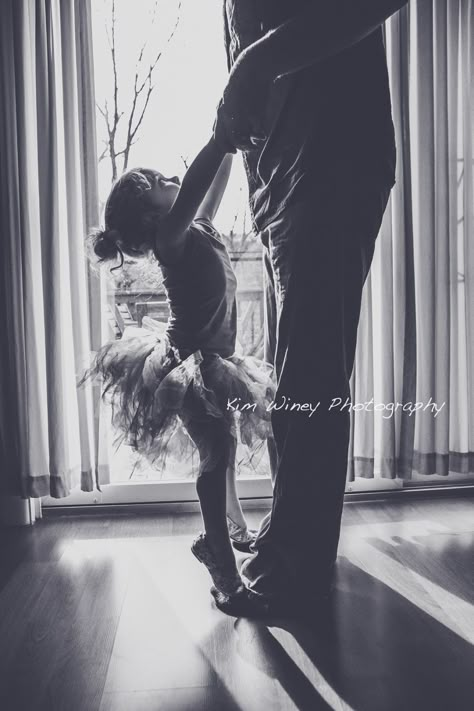 I will do everything to make my loved ones happy”
I will do everything to make my loved ones happy” “I fell asleep - I had 3 thousand subscribers, in the morning - 15 thousand, in a month - 40 thousand. And all thanks to one video”
— Your fame in dancing began with a video where you dance gorgeous vogue at the age of ten, and your mentor jumps and screams with delight. It has already gained 15 million views, and it was your first wog class. How did you manage to show such a level right off the bat?
- It was some kind of miracle, because absolutely everything happened that day. I was in the right place at the right time - and at the right events.
I really wanted to try this style, because before that I met several dancers who represented it widely in the dance arena. I thought: “I must definitely come to the master class and try it.”
And I liked it so much that I gave my whole soul while dancing! It seemed so close, interesting and suitable to my nature that I could not resist the energy that passed through me.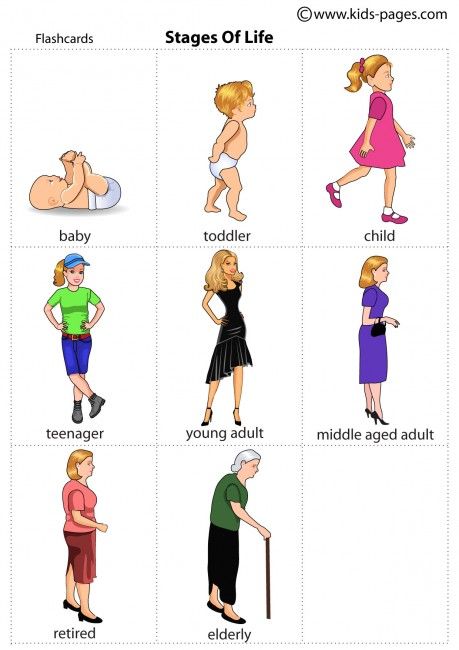
The most interesting thing began when my mother and I woke up in the morning, went to Instagram (the company that owns Meta is recognized as an extremist organization) and saw that people began to subscribe en masse. We thought: “What, someone hacked us?”
In 2016, it was important to buy yourself likes and subscriptions. It seemed that someone did something similar to us.
And then we found this video, which was rapidly gaining views, and we thought: “What's going on?!”
I fell asleep - I had 3 thousand subscribers, in the morning - 15 thousand, and a month later it reached 40 thousand. And all thanks to one video.
It was very unusual, because then social networks were not so popular. And it was something beyond reality for me.
“Polunin reacted to my speech with the word “kick”? There was another word"
- You took part in major television projects - "Dance of the Revolution" on Channel One and "Dancing" on TNT. When you first appeared before the judges at the Dance of the Revolution, you showed a powerful battle number, and Vera Brezhneva suddenly burst into tears. Were you surprised by this reaction?
When you first appeared before the judges at the Dance of the Revolution, you showed a powerful battle number, and Vera Brezhneva suddenly burst into tears. Were you surprised by this reaction?
— Maybe she's never seen anything like this before (smiles). When I perform, I forget about everything and completely surrender to this happy moment when I am on stage and doing what I really, really like. When I see the audience, I am charged by them and try to give them my energy. Maybe some waves that I sent during the dance reached Vera.
- You gave yourself so much to the dance that you broke your arm to the point of blood.
- Yes, I broke it, but I didn’t even notice it (laughs). I didn't feel any pain during the dance at all.
It happens to me: I dance and dance, show super tricks and super tricks, and the next day I wake up and can hardly get out of bed.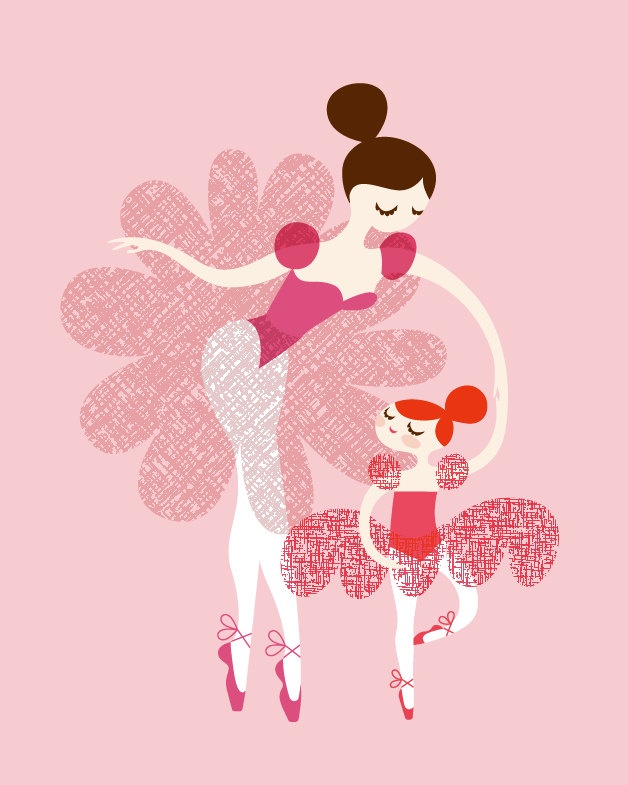
The realization that I could somehow harm my body usually comes only the next day. When I show a dance, nothing hurts me.
I performed at the "Dance of the Revolution" even with a broken finger. The injury happened two days before filming, and I had to dance like that. We just rewound this finger with tape.
- Another judge of the "Dance Revolution" Sergei Polunin said that he had only one word in his head - "kick-ass" when he first saw your performance on the project.
- I think he had a different word, but we will not pronounce it, we are cultured girls (laughs).
Was that a 100% compliment for you or something a little weird?
- Strange, but still nice. To evoke emotions - whether negative or positive - is nice. Indifference is the worst thing that can be.
Indifference is the worst thing that can be.
And when you arouse either delight or hatred in a person, it means that you have already stirred up something, and your performance and yourself are not an empty place. It means that you have touched a part of the soul or body of another person.
- In the end, you won the project.
- Yes, and I miss this time because it was something beyond fantasy. I must have been away for a week. I didn’t understand that I won such a big project - and even with a cash prize.
Such projects are very rare on television, and victory in them is much more valuable than at dance festivals, which are regularly held every three months.
close
100%
“Vanya Dmitrienko said: “You know me, of course.” I answered: "No"
- In "Dancing" on TNT you had an interesting number, where you performed not just to the soundtrack, but to the vocals of Vanya Dmitrienko, who stood next to the stage and performed his hit "You are Venus, I Jupiter".
— Oh, it was a very interesting number (smiles). I have polar emotions associated with its preparation.
When I found out that I would dance to such a solo song, I was upset, because this is a romantic composition about love.
Besides, I'm more of a fighting girl than a tender one. I love technical numbers that punch through, not about romance and relationships.
So I was a little shocked when I found out which number I should perform. Besides, I didn’t know Vanya at the time and, probably, upset him because he was already a famous singer and his track took the first position in the charts for a long time.
- You said "I don't know you" and he got upset?
- He said, “Hi! You know me, of course." Me not".
He: "Let me sing now." Sings, asks: “Now you know?”. Me: "No" (laughs).
I was a little tense, and at first everything went a little hard, but in the end I realized that it would be a very good number. I relaxed because I realized that Vanya is a very good person, very kind and that you can communicate well with him.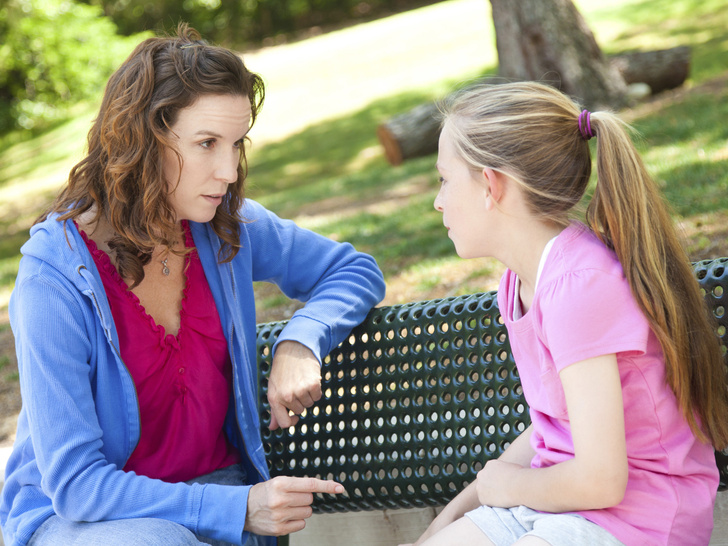
On the general run, everything turned out great, everything worked out. And at the performance itself, we gave our maximum with Vanya.
— Have you made friends with him now?
- Well, sometimes we cross paths.
— What are your plans for the future in terms of projects?
- Most likely, I will participate in the New Dances project on TNT. There will be a second season soon, and now I am actively preparing, practicing, putting on numbers and getting ready for a new stage in my life.
“I'm glad that the border guards didn't let me into Ukraine. I can’t imagine how we would return in the current situation”
— Russian athletes are now not allowed to many international competitions. Have you encountered any restrictions in dancing?
- Everything is calmer in dancing. Of course, there is some international tension, but this does not prevent us from developing. There are still communication channels through which we can follow foreign dancers and be inspired by them, exchange information.
- In February, you were supposed to take part in the World Of Dance competition in Kyiv, but you couldn't get there. What happened there?
— Oh, it was a very difficult situation. At first I was upset, but in the end I was glad that everything turned out this way.
We flew to Ukraine to participate in the project. A producer friend of mine worked there, who said that he really wanted to see me in this show. There were also my friends from Ukraine and Russia who flew in to participate.
But when we arrived in Kyiv, we were detained. We spent over 13 hours at the airport.
If not for the team that organized the project, we would have been sitting there even longer. But they were very worried about us and did their best to send us home, as the atmosphere was not very pleasant.
Everyone was stopped there - even a man from Germany, because he is Russian. But now I am very glad that the border guards did not let us into Ukraine, because I can’t imagine how we would return home in connection with the current situation.
close
100%
— You know a lot of dancers and choreographers from Ukraine. Did you manage to maintain a relationship with them?
Yes. Those with whom I communicate are doing well, they are now in Europe - someone in Germany, someone in Poland.
I am glad that they managed to leave the places where the hostilities are taking place, because it is very difficult to be in such a tense state.
The dance should not be divided into height, weight, orientation, gender, skin color, and so on. We are all artists, we are all trying to create something new - something that will help people in difficult situations.
We are all human, we are all equal. You need to treat everyone with respect and understanding.
“When I found out about the nightmare situation with Camila, I was all drooping”
— Recently, you have become close friends with some skaters and began to follow the competitions. How did this sport enter your life?
- It happened thanks to my acquaintance with Mark Kondratyuk - after the First Channel Cup in 2021. We somehow quickly found a common bond.
We somehow quickly found a common bond.
And then I met Kamila Valieva. At that moment, he and Mark were not yet as popular as they are now, but they interested me because, first of all, they were very cool people.
Then I started to follow the competitions, sometimes I even went to them - for example, I supported the guys at the Grand Prix stage in Sochi, then I was in St. Petersburg - I arrived immediately after the Russian Championship - and recently I went to Eteri Tutberidze's show. So we found a common language with the guys.
close
100%
— How exactly did you meet Mark and Camila?
— I probably wouldn't want to share this with everyone, it's a bit of a personal moment. But I'm glad to know the guys. They partially changed my outlook, and I changed theirs. We have acquired valuable skills and useful thoughts from each other.
— What was it like for you to follow the Beijing Olympics when two of your close friends were competing there?
- Oh, the situation in Ukraine and Kamila's performance in the individual tournament just coincided in time (the figure skater made a fall and took fourth place - Gazeta.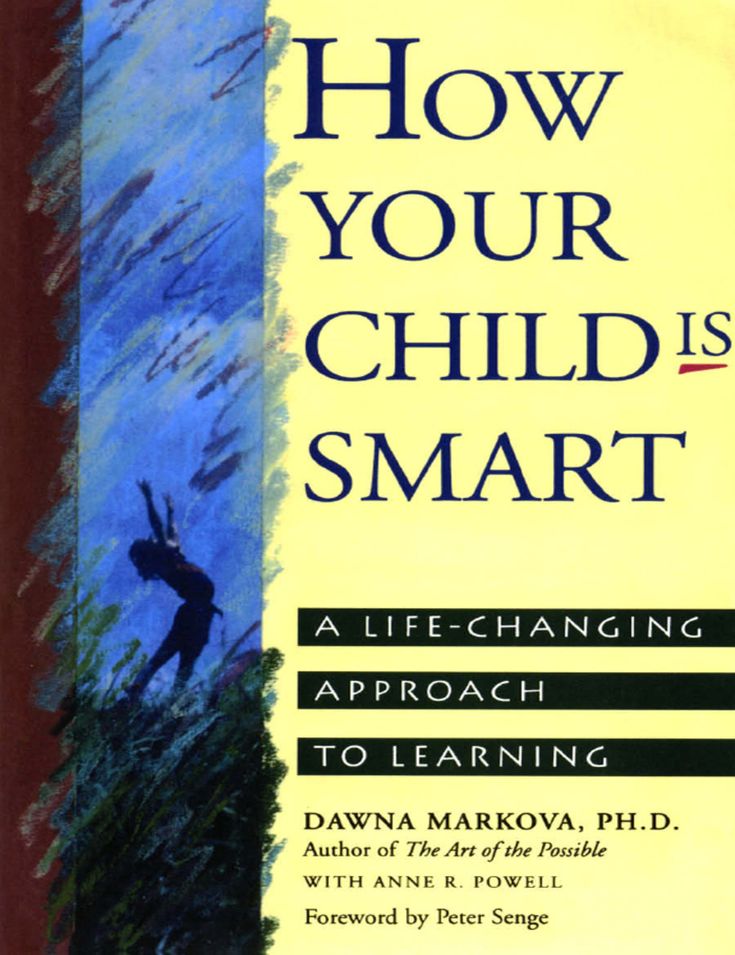 Ru). Those three days were something terrible and terrible for me.
Ru). Those three days were something terrible and terrible for me.
When I found out about the horrific situation that happened to Camila (the figure skater was accused of doping - Gazeta.Ru), I was all drooping, thinking: "If I feel bad now, then what is it like for her?"
I can't imagine how she felt when she was accused of what she was a priori not guilty of.
Figure skating is a sport where you can't get better by taking some pill. You won't lift your leg higher and you won't jump better, because pills mainly develop endurance and strength, but there are no drugs that make you more talented. Otherwise, we would have only geniuses walking down the street.
So, of course, I was very upset. But I am glad that Camila is very resilient and strong, that she survived this situation. She is well done, and now she is doing well.
It develops and continues to grow. Let's hope that she will still have a chance to please us at major competitions.
- After the Olympics, you and Camila actively spent time together, for example, you went to Vanya Dmitrienko's concert. Then people wrote on social networks that everyone needs a person like Eva Uvarova nearby, because you helped her get through this difficult moment and forget about the latest events of the Olympics.
— For me, friendship is very important. It is built on trust. If a person trusts me, I will break everything, I will do everything to make him happy. When my loved one is happy, then I feel good too.
When Camila and I have weekends, we always try to find something interesting to pass the time. We love to learn new things, explore the world and become more multifaceted.
— After the Olympics, you taught Camila how to wog. How long have you been learning the moves?
- This was not my combination.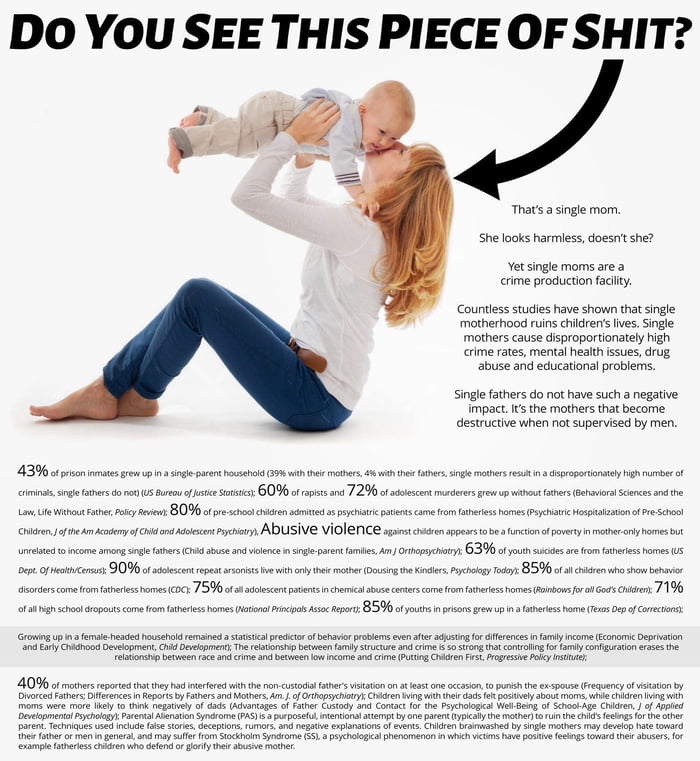 I invited Camila to take me to a lesson with Natasha Mafia - this is one of the brightest representatives of voga in Russia. Camila was a little hard at first, because this is a different plasticity and a completely different coordination that takes time. So dancing is not as easy as it looks from the outside.
I invited Camila to take me to a lesson with Natasha Mafia - this is one of the brightest representatives of voga in Russia. Camila was a little hard at first, because this is a different plasticity and a completely different coordination that takes time. So dancing is not as easy as it looks from the outside.
- You made a very nice birthday greeting for Camila - you collected on video many stars who expressed various wishes to her.
— Yes, I gathered my friends — dancers, gymnasts (both from artistic and sports), there was also one singer... All the guys quickly responded and supported my idea. We all love Camila very much and know that she is a wonderful person who deserves all the congratulations of the world.
- Your choreographer Egor Druzhinin was on that video. Is he following Camila too?
— Of course! He followed, found out, asked about her. Egor is also one of the best people in my life.
- You also made friends with Evgenia Medvedeva from figure skaters.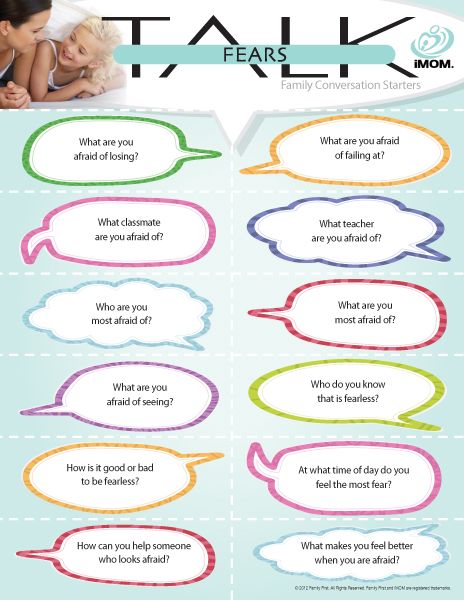 At "Ice Age" you gave her a bouquet after their performance with Danya Milokhin.
At "Ice Age" you gave her a bouquet after their performance with Danya Milokhin.
- I would not say that I am friends, but I talked with Zhenya a couple of times. I really like her, I just supported her at the 2018 Olympics.
Evgenia is very different from everyone else. She has some special energy that sets her apart from the rest of the skaters.
I like that Zhenya develops not only in figure skating, but also tries herself as a presenter - and she does it wonderfully, because she reads a lot and devotes time to her education. This makes her better and makes her stand out from everyone.
— Would you like to try yourself on the Ice Age, like Evgenia?
— Oh, well… (laughs). After talking with skaters, this sport attracted me, I was a little inspired and tried to skate in the winter - I fell, got up, then skated again.
So I guess, yes, I'd like to try Ice Age. I know how to do lifts, I have such experience in dancing.
You just need to learn how to glide well, take different steps and feel the ice, because in figure skating the distribution of weight is quite unusual.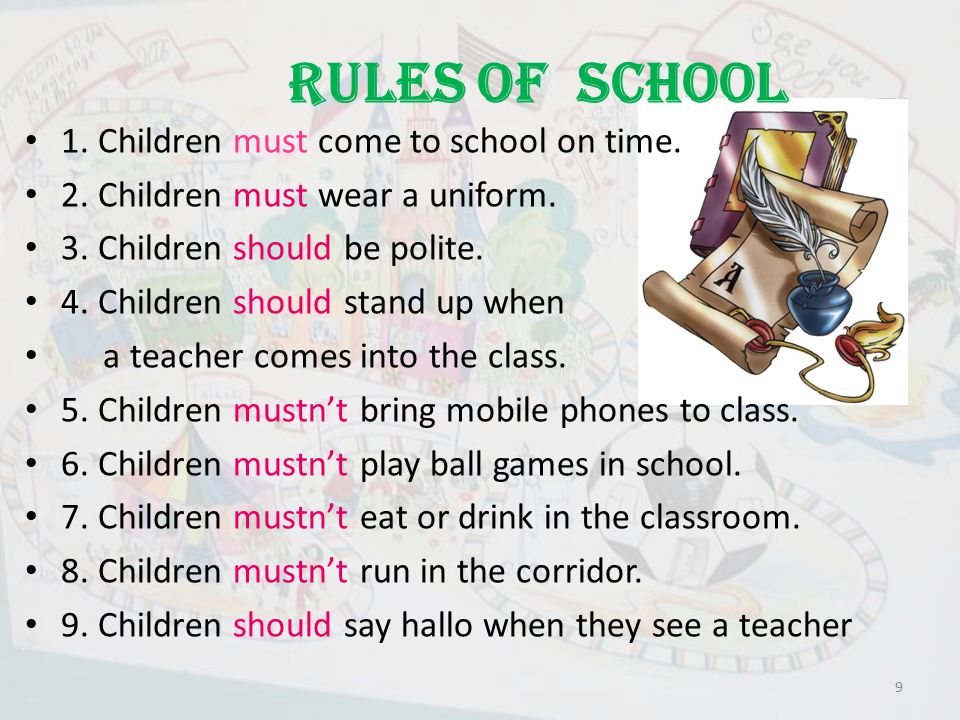
In rhythmic gymnastics, I got used to the fact that we have an even square and the whole body is pulled up. And in figure skating, it’s the other way around: you sit down a little, shift your weight from one edge to another, twist constantly. This causes some misunderstanding, and there is a fear of falling, because the ice is still solid (laughs).
close
100%
“Disappointed in figure skating fans. Nobody used to write bad things to me before”
— The last question on the subject of figure skating: a screenshot from the chat of your Telegram channel spread across the Internet, where you confirmed the relationship between your friend Mark Kondratyuk and Alexandra Trusova…
— I don’t understand when people say something and think that it’s permissible for them, but not for other people (we are talking about the fact that some figure skating fans condemned Eva for saying about Mark’s relationship — “Newspaper. Ru").
I don't support double standards, first of all; and secondly, I don’t understand why, when you say an obvious thing, it becomes some kind of sensation for everyone.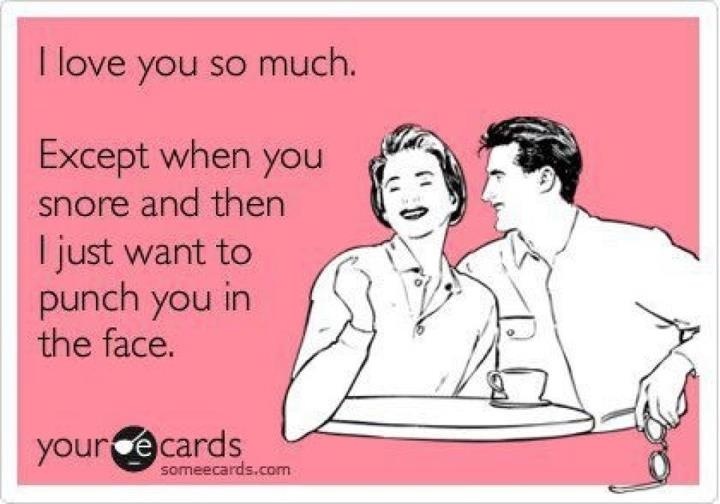
People were shipped for a very long time, a lot of videos were shot. This, of course, did not go unnoticed on their part. Therefore, this is completely normal, and I don’t see anything wrong with that.
Here is just an interesting situation: I wrote two words (in response to the words of my subscriber “Mark is dating Sasha!” Eva wrote “Now yes” - “Gazeta.Ru”).
close
100%
And what are people inflating? Here is such a collection of works at the level of creativity of Leo Tolstoy. And they paint it all in such a way that I feel a little uncomfortable, because I don’t understand all the excitement that my two words caused.
When the fans themselves talk about this topic, it's ok. And when I just answered one person who followed me and was in my chat, some other people immediately flew in and began to teach me how to live.
And I said, “Bye! How you came here is how you will get out of here. Fast and very calm."
- You said that you were even a little disappointed in figure skating because of the behavior of some fans.
- Yes, I was disappointed in figure skating, because before it I did not have people who would write me some nasty things. This sport is very contrasting.
On the one hand, he is incredible, but on the other hand, people who are involved in this sport are very narrow-minded. They divide everything into black and white, not understanding that the whole world consists of shades.
There are bright colors, but basically everything is average - there is no absolutely good and absolutely bad. And in figure skating, people are very critical in this regard, so I'm a little disappointed in people who are interested in this sport.
We don't have that in dancing. Everything is more adequate with us, and people are able to take someone else's position without trying to remake a person to fit their own framework. They look at everything wider, and not one-sidedly.
By the way, I didn’t even follow this phrase of mine and didn’t understand at first how people flew to me. I look - all of a sudden, many began to enter my channel.
I look - all of a sudden, many began to enter my channel.
- They probably sent it to the figure skating chat rooms and from there they began to come to you.
- Yes, so now I have disabled copying in my chat. The screenshot function is terrible, it amazes me how people make elephants out of molehills. Well, if they inflated it, it's their problem, I don't care. I'm calm.
“It's stupid to spend 13 years on rhythmic gymnastics and get nothing”
— Now you are a famous dancer, but your path began with professional rhythmic gymnastics. And it was difficult for you to get into this sport.
- Yes, at first they didn’t want to take me to the section because of my age, and also because I didn’t have super gymnastic data: I’m short and not very flexible. However, in the end, I was hired thanks to hard work, which I was very happy about.
- When you were ten years old, you said in an interview that the coach could call you a "fat cow" if you gained 400 grams.
— Well, it's a sport. In sports, everything is always very tough and disciplined, because otherwise there will be no good results. This is the first fact that sometimes justifies such an attitude of coaches towards athletes.
The second fact is our health. If the girl is overweight, she can get injured, and the likelihood of this is much higher than if the gymnast is thinner.
close
100%
How do you maintain your self-esteem while doing this?
- You need to take these words, but not too close to your heart. Realize that it is still worth working, but at the same time remember about your own physical and mental health.
— If you compare show business and sports, which area seems to you more tough and competitive?
— There are many more influencing factors in television than in sports. In gymnastics, almost everything depends on you. Of course, there are some judicial preferences, but you cannot influence this.
TV is such a place… very interesting (smiles).
Much depends on how you will be filmed, how the producers want to present you, how the creative team will show you, how you will perform, from what angles it will be filmed, what the jury members will say, what you yourself will answer in an interview or in a profile. Everything is much more complicated there.
— You continued to do gymnastics until almost 17 years old, although by that time you had long understood that dancing would be the main thing in your life.
- Yes, because I had a goal to close this door beautifully - to receive the title of master of sports.
Just wasting 13 years of your life leaving without getting anything is stupid. I wanted to put an end to it and tell myself that I was able to overcome this stage in my life, despite all the difficulties.
I officially ended my career this winter, when I received a certificate of a master of sports of Russia in rhythmic gymnastics.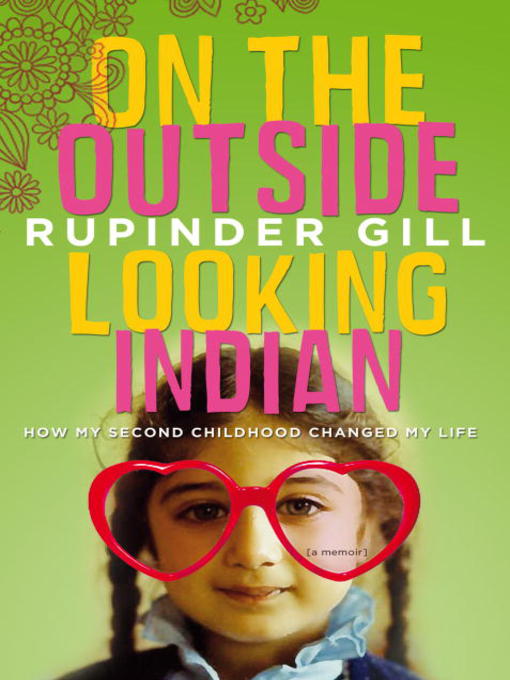 I haven't trained in about a year now.
I haven't trained in about a year now.
close
100%
— You mentioned that among the gymnasts you like Alexandra Soldatova, Lala Kramarenko and Evgenia Kanaeva. At the same time, you never named Dina and Arina Averin, although these are the long-term leaders of the national team and the most obvious option. Why?
— I have known Lala since childhood. I competed with her, often performed at the same tournaments, and we had some kind of contact.
In addition, Lala does something that no one else does: her turns, spins, jumps, stretching, artistry and charisma are on some other level. They very much distinguish and distinguish Lala from others.
As for Sasha Soldatova, I have always admired her, ever since I was a goal-oriented gymnast myself. She is also very, very stretched, very tender. It was nice to look at her.
Evgenia Kanaeva is my childhood. I also found the period when she was not an Olympic champion and when you could just come and look at her.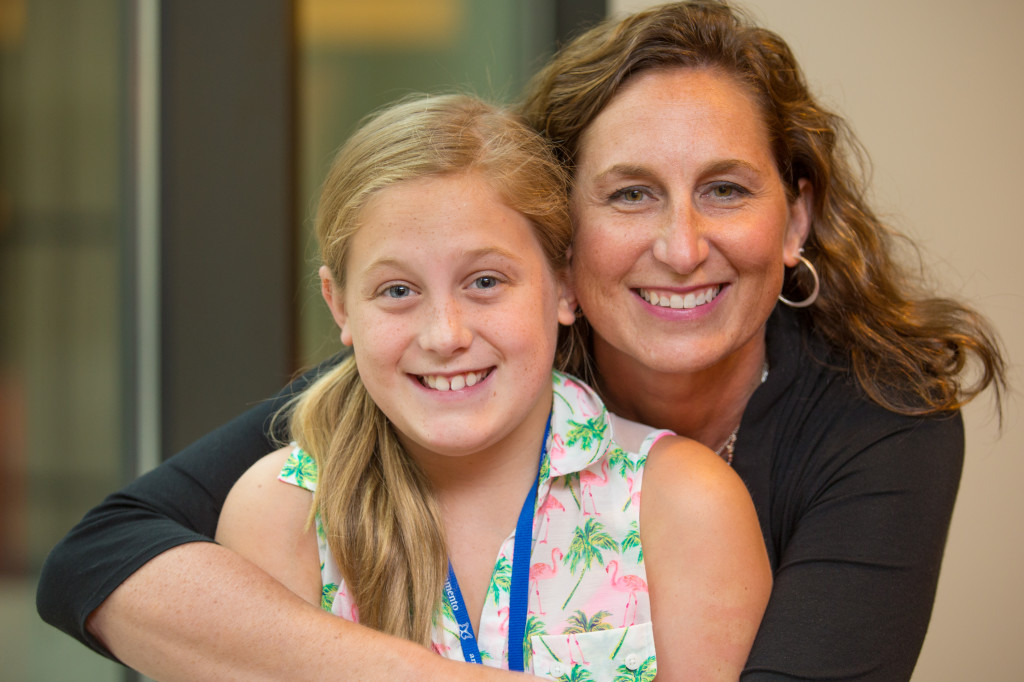
“I would have stayed in Russia, survived all the difficulties, and then went out to compete for my country”
— Now they are going to change the rules in rhythmic gymnastics. If earlier the difficulty of the apparatus (throws, catches, rolls and other interactions with the apparatus) brought more points, now the emphasis will be on artistry and on the difficulty of the body (turns, pirouettes, jumps, balances). Gymnastics should get away from a huge number of throws and become more understandable and spectacular. In your opinion, can this be done?
- Yes, I think these changes will take gymnastics to a new level, because no one is interested in pure mechanism in exercises.
I would like to see the soul of the athletes, their personality, which can be revealed through artistry and images that they will convey on the carpet.
And, of course, extra turns are technique and skill that will now be easier to evaluate. When everyone does the same set of elements, the risks and rolls are the same for everyone, and it is difficult to evaluate and choose the best.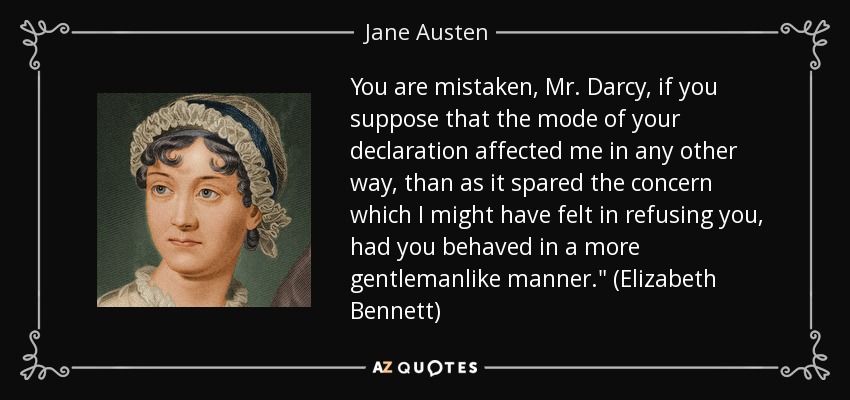
And when there are new factors by which girls can be judged, then sport becomes more competitive and more interesting for the viewer.
- In the meantime, Russia will have its own rules - as long as our gymnasts do not compete in international competitions. In particular, athletes will be able to do as many elements as they want in exercises.
- This is also cool, in my opinion, because in this format you can show all the skills of girls. Of course, this will be more difficult to evaluate. When there are some clear limits, it is much easier to judge, and when someone makes more elements, and someone less ...
For example, in our dances, when you add some tricks to your number, it does not give anything special. You can dance cleanly, add some elements, but they will evaluate it approximately the same. But in gymnastics it’s different: whoever does more will get a higher mark.
— It is not yet clear when Russian athletes will return to the international arena. In figure skating, coaches allow athletes to change citizenship. Do you think that in rhythmic gymnastics such talents as Lala Kramarenko can think about the transition so as not to lose years of their career?
— It rather depends on the athlete himself: what kind of mentality he has, how much he wants to perform, whether he is ready to accept the current conditions that the world puts forward for us.
I can't judge because... I would have stayed. I would have survived these difficulties, and then I would have tried to go out and represent my country.
close
100%
6 Parental Values That Turned Out to be False - The Knife
One of the last generations raised by parents who remember the Soviet Union is growing up. For these young people, the difference between the values of the family and the demands of modern society is especially acute. Nadezhda Mironova, host of the In Search of Hope telegram channel about the life and problems of twenty-year-olds, analyzes 6 parental myths that have shattered into reality: the importance of grades, circles and higher education, the danger of idleness, denial of depression and fear of a “wrong” future.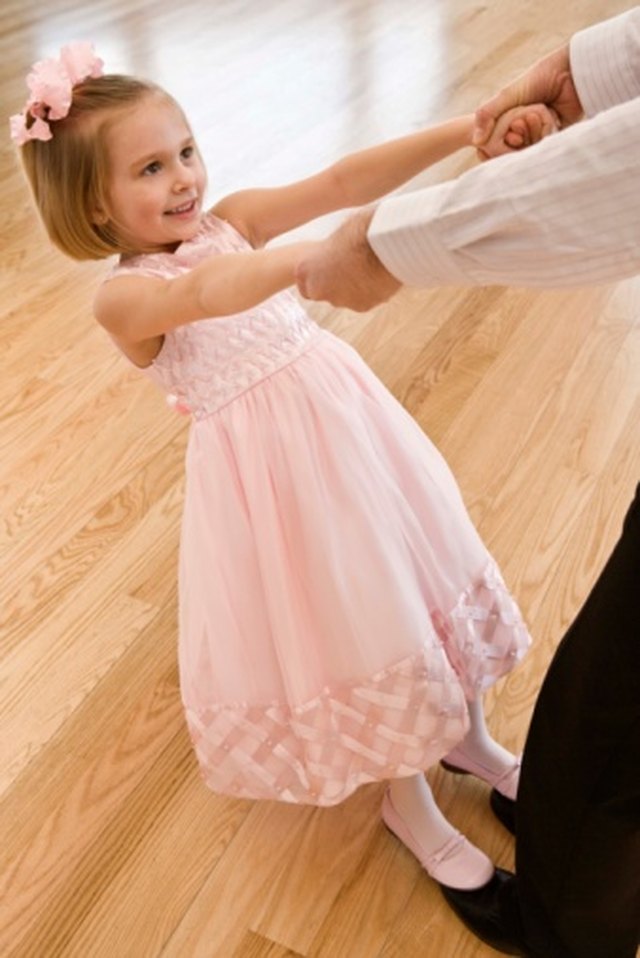
ShareRepostTweet
Myth No. 1. It is useful to attend a thousand circles
We were taught
From my peers, I often hear the phrase: “Yes, I didn’t do anything in childhood.” Almost no one benefited from these activities, and the ability to play the double bass is only suitable for the game "Guess which fact about me is true." Parents believe that it will be easier for us to decide on our future if we go to dance, football, English, physics and music school at the same time. So much to try, so much to choose from!
As a rule, classes are chosen by parents, believing that people under 18, in principle, cannot have their own opinion. Many children go to sections and even achieve success just to please mom and dad.
I was sent to dance as a child to do "something feminine". They took me away from there because it became inconvenient for my mother to take me to trainings and competitions.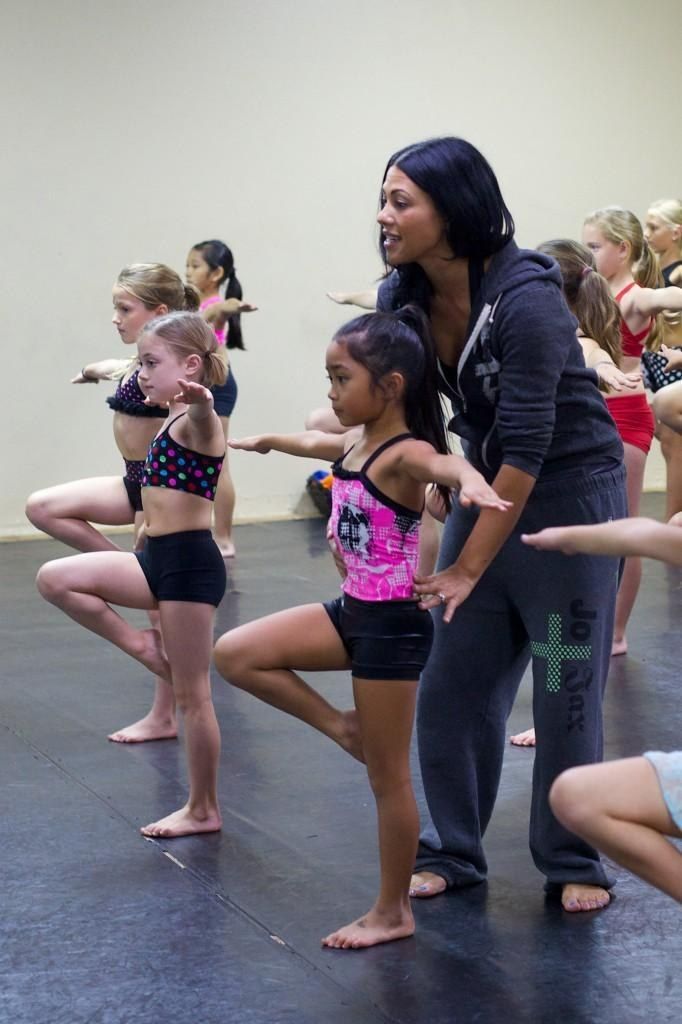 What I wanted, they never asked. Mom didn’t understand that I could want something myself or know something about my needs, because the maximum that children want is sweets instead of soup for lunch.
What I wanted, they never asked. Mom didn’t understand that I could want something myself or know something about my needs, because the maximum that children want is sweets instead of soup for lunch.
Then my mother bought me a subscription to a fitness club and cursed that I didn't go there. Now I understand: she wanted her child to go in for sports, but she didn’t even explain to me why he was needed.
The desire to endlessly develop a child as a character in a computer game is sometimes associated with adults' own unfulfillment in life. These parents love to compete with others who have the coolest kid, as if they were having a tournament in The Sims. You know their children: they are obedient and diligent, from kindergarten they go to sports, mathematics and speed reading school, they get fives - and they are very often sad.
It turned out
Parents are most afraid that we will not be busy with anything, because all problems come from idleness.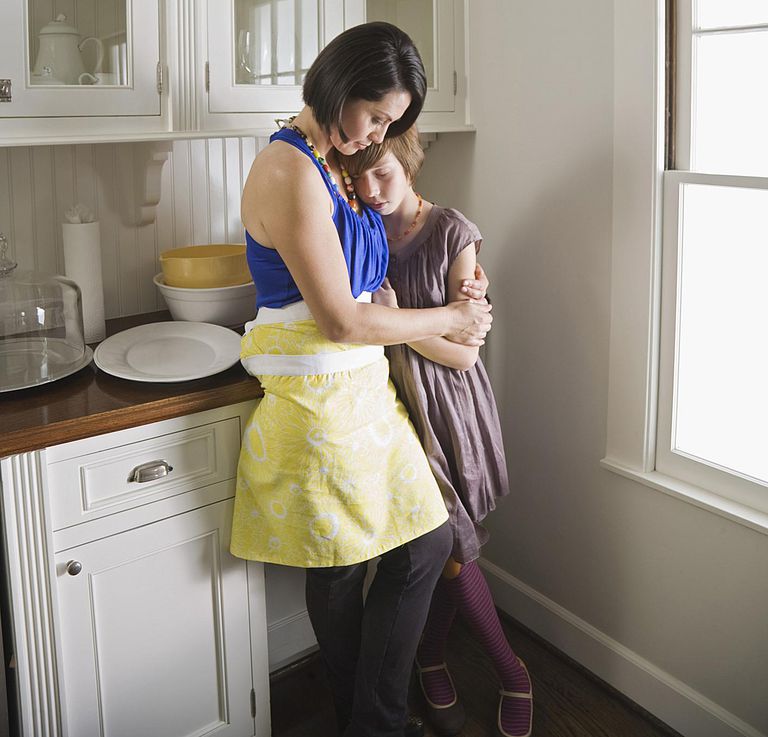 They shame and frighten by doing nothing. But they themselves do not know how to replenish the spent resources, and therefore they did not teach this to their children. The inability to rest and the feeling of guilt for taking a break make us either unhappy workaholics or saboteurs who refuse any activity, trying to make up for the time of children's carefree rest.
They shame and frighten by doing nothing. But they themselves do not know how to replenish the spent resources, and therefore they did not teach this to their children. The inability to rest and the feeling of guilt for taking a break make us either unhappy workaholics or saboteurs who refuse any activity, trying to make up for the time of children's carefree rest.
After many years of alienating the initiative, you no longer want anything but to go out with friends, fall asleep late at night to the TV series and sleep until dinner. But it turned out that in adult life not setting an alarm is almost a luxury. Why, knowing this, did our parents take away from us the only period in life when you can be free and carefree without the risk of starving?
It seems to adults that eternal employment will help their child in life. But in reality, he will suffer from a lack of communication with peers and get angry at his parents, and not thank them for their broad outlook.
And the habit of constant workload can turn into a compulsive consumption of additional education, behind which there is a fear of facing real life, where instead of lessons and homework there are real tasks.
When my mother stopped deciding what I would eat, wear and do, I was faced with something that is difficult for me to understand: what do I want to eat, wear and do? When your opinion has not been considered for a good 20 years, it is difficult to realize that you still have it and you need to listen to it. If I had a choice, I would go to only one circle, where I would be taught to listen to myself.
If a person wants to develop in several areas at once, great! But the choice must be voluntary and related to his interests. When we scatter ourselves on “mandatory” but not interesting activities for us, we waste time, effort, money for nothing. You can not learn something new every month - and remain an educated, interesting, full-fledged person.
Myth No. 2. You should only get good grades
We were taught
The eternal classic: “You should only get A!”. We grow up afraid of making a mistake, because parents scold us for it, classmates call names and teachers pressure us for it. I remember this horror when grades are announced for the whole class and I am scared not only to get a deuce, but to see the condemning look of the teacher and mocking classmates.
A lot of times A students do well in school because control-obsessed parents are waiting for them at home.
Grades for such children are a way to survive in their own apartment, and not an indicator of the desire for knowledge.
It turned out
The best students suffer when they build a career, because "only fives" is an illusion that the school has created for us. In real life, these grades are worth nothing, because they are received by dutifully playing by someone else's rules. And the ability to play against the rules and invent your own is not attached to a red diploma.
Those who have not achieved a diary with only fives also suffer from the pressure of grades. They gave up on themselves - after all, no one praises you for failures and does not say that it is normal not to understand something.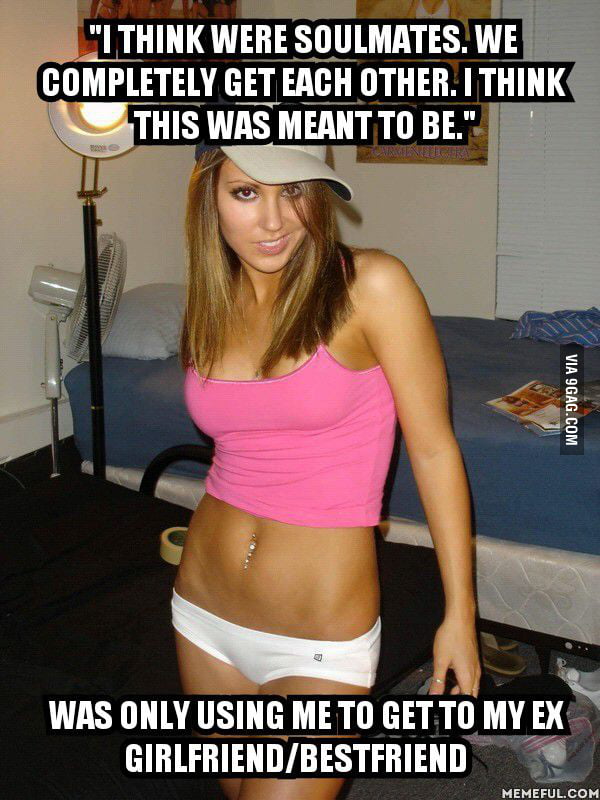 Such people make mistakes - but each time they are afraid of their mistakes and avoid tests that they may not pass.
Such people make mistakes - but each time they are afraid of their mistakes and avoid tests that they may not pass.
No one said that one should strive not for grades, but for knowledge.
Our parents did not console us with the fact that grades will never be an objective indicator of our skills. I would have been glad to know this much sooner.
But the years of pressure were not in vain: even though I understand the value of mistakes, I do not stop judging myself for them. Yes, thanks to the fails, I became myself, but at the same time, it is because of them that I cannot love myself. Until now, even getting grades in optional courses where no one will scold me, every time I get worried, just like at school when the results of the test were announced.
In reality, no one succeeds perfectly the first time (and not the first time either). It is impossible to always do everything right, to please all the teachers - and then the bosses and colleagues - and never make a mistake.
It even turned out that you learn better from mistakes than from any textbooks. And most importantly, there is no growth without mistakes.
See also
Should we forgive our parents and should we love them
Myth No. 3: No depression, there is unemployment
We were taught
Many adults still do not recognize the existence of depression and other mental disorders, much less understand the need for medication.
Many of us were brought up with the idea that you can only suffer from hard work (it also saves you from any problems) and that inhuman conditions will make a worthy member of society out of an infantile teenager.
Army and wagon unloading is the best cure for any disorder! There will be no time to mope in the ranks or behind the machine! Previous generations fought for peace and comfortable living conditions, and now they see this as the cause of all the troubles of the spoiled twenty-year-old generation.
Our parents passed on to us a share of skepticism about psychotherapists. Among my peers there are people who seriously believe that the help of a psychologist is some kind of extreme measure, and in ordinary life you can handle it yourself. By "self", of course, means at best hard work, and at worst - drugs and alcohol.
It turned out
The sharp contrast between parental attitudes and objective reality adds stress to an already incomprehensible adult life.
Experts have not yet answered - is our generation prone to mental disorders from youth, or is it all about advanced diagnostics and psychoeducation? But it can be said for sure that due to excessive guardianship and control, eternal employment and inability to listen to our desires, we do not understand ourselves well and therefore cannot recognize in time that we need help.
It's good that in today's society going to a psychotherapist is no longer considered something shameful. Now, from most of my peers, I often see a request to share the contact of a good doctor than to help with choosing a bar for Friday night.
Now, from most of my peers, I often see a request to share the contact of a good doctor than to help with choosing a bar for Friday night.
Even if depression is a “peacetime disease”, this does not mean that it is fictional or that it should be treated only by starting a war with oneself. It's not scary if something is wrong with you and you need help. It’s scary not to understand what’s wrong with you, to be ashamed to ask for help or try to drown out the problem, which will only make it worse.
Myth No. 4. Getting a diploma is very important
We were taught
Parents of graduates still insist on getting a diploma immediately, because a child without a higher education is a family disgrace and a future homeless person!
All 11th grade parents are more concerned about tutors, grades and exams than they are about their own child.
If you're lucky, tutors and anxiety start as early as high school.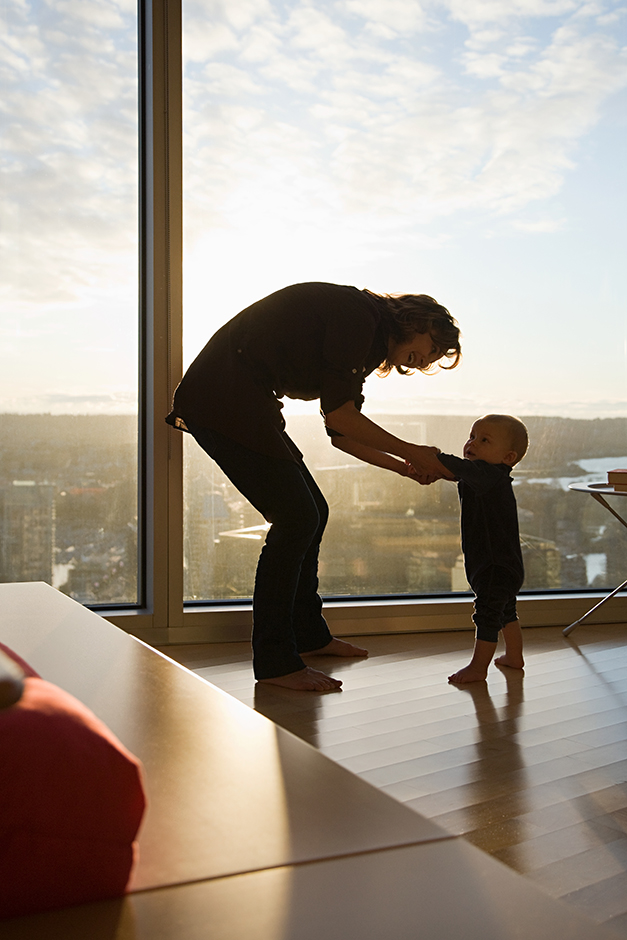 To shove an unfortunate teenager into a university at any cost is the only meaning of the life of every caring parent.
To shove an unfortunate teenager into a university at any cost is the only meaning of the life of every caring parent.
All through high school, I lived under pressure, knowing that I had to get into something. I did not know what to choose and what to do with my life, but I was obliged to make a fateful decision - urgently! After all, “exams are just around the corner”, but I still haven’t decided and I’m clearly getting dumber from this. Each teacher considered it his duty to remind that the exam is scary, soon, inevitable, and in case of something irreparable. Children, not only your life depends on these scores, but also the rating of the school, the salary of the teacher, the honor of the director and the health of the president of the country - all this will certainly suffer if you are not geeks!
Many parents believe that without higher education it is impossible not only to get a well-paid job, but also to communicate with decent people without shame. Some say that someday in difficult times it will help out.
We are pushed into institutions right after school, not being given the opportunity to wait and choose the education that we really need.
As a result, instead of motivated students, universities get us - former schoolchildren who do not understand anything, who spend their time on unnecessary disciplines, sitting in classrooms like in prison. Freshmen still get high from the thought that they are already quite adults, while they have absolutely no idea what to do with this adulthood and where their life is going.
We have learned the lessons of parents well: according to VTsIOM data for 2019, 42% of young people go to university believing that higher education will help them get a good job. At the same time, a specific specialty, in their opinion, does not play a role: the main thing is the presence of a “crust”.
Even worse, in the universities themselves we are met by adults with the same attitudes. Many faculties lure students with their "modernity", but in fact the training does not correspond to the declared level. In the first year, you, inspired, think: now they will teach me everything here at once! As a result, it turns out that your teacher last worked in his specialty 20 years ago (and uses sources from the same time).
In the first year, you, inspired, think: now they will teach me everything here at once! As a result, it turns out that your teacher last worked in his specialty 20 years ago (and uses sources from the same time).
Did you think there would be discussions, round tables, critical thinking? Practice carrying a record book for signature: it will be more difficult to find a teacher than to hand over a subject to him. And even the practice at the university is "for show".
After the very first session, I realized that the university does not provide the necessary knowledge and skills, and it is even stupid to demand that it make you a pro. But the university gives acquaintances and connections: you never know who your classmates will become. For example, I recently got a tattoo of a girl from my parallel.
It turned out
We were frightened by the terrible life without a diploma in low-paid positions. How do you like reality: low-paid positions with a diploma? I once worked for a company with only two sales managers and ten packers who put stickers on chocolate bars.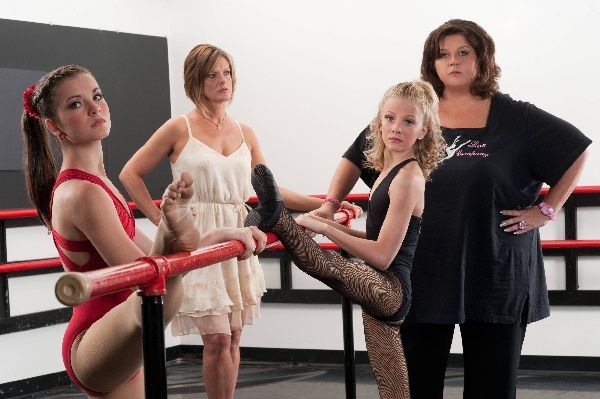 The managers were me and my friend - both left the university, and all the packers were people of different ages and experience with higher education.
The managers were me and my friend - both left the university, and all the packers were people of different ages and experience with higher education.
Only by the age of 20 do you understand how you were deceived. The diploma is included. And in many areas, you have to study after graduation - "in the field".
For two decades we have been forcibly stuffed with information that we don't know what to do with. Only when we find ourselves in a real job for the first time do we ourselves begin to learn - finally purposefully and consciously, because it is practice that shows us where we need to improve theory. When flows of information are no longer poured into us, we begin to need it ourselves. A person has a natural need to learn - but of his own free will, and not by force, as is customary in our education system.
No wonder the idea is so popular now lifelong learning : you should always study for your own sake, and not five years and for the sake of a diploma. Courses and continuing education are so popular precisely because the university curriculum has not kept up with the rapidly developing job market, especially in the digital field, and also because we want to study ourselves, despite all the attempts of the education system to discourage this desire from us.
Courses and continuing education are so popular precisely because the university curriculum has not kept up with the rapidly developing job market, especially in the digital field, and also because we want to study ourselves, despite all the attempts of the education system to discourage this desire from us.
Interested
How to learn to learn: 9 books on the most effective educational methods
Higher education just for the sake of it is not a guarantee of a good position, career, or even success in a single interview. Yes, there are companies that, in principle, do not hire without a diploma, but there are thousands of others where you can build a career without it.
In addition, the concept of "one life - one job" is very outdated. I doubt that there are those in their twenties who want to give their whole lives to one company, even if it is Apple. My peers are more inclined towards their own business, freelancing or project work. Many of my friends do "regular work", but only a few want to stay in it forever.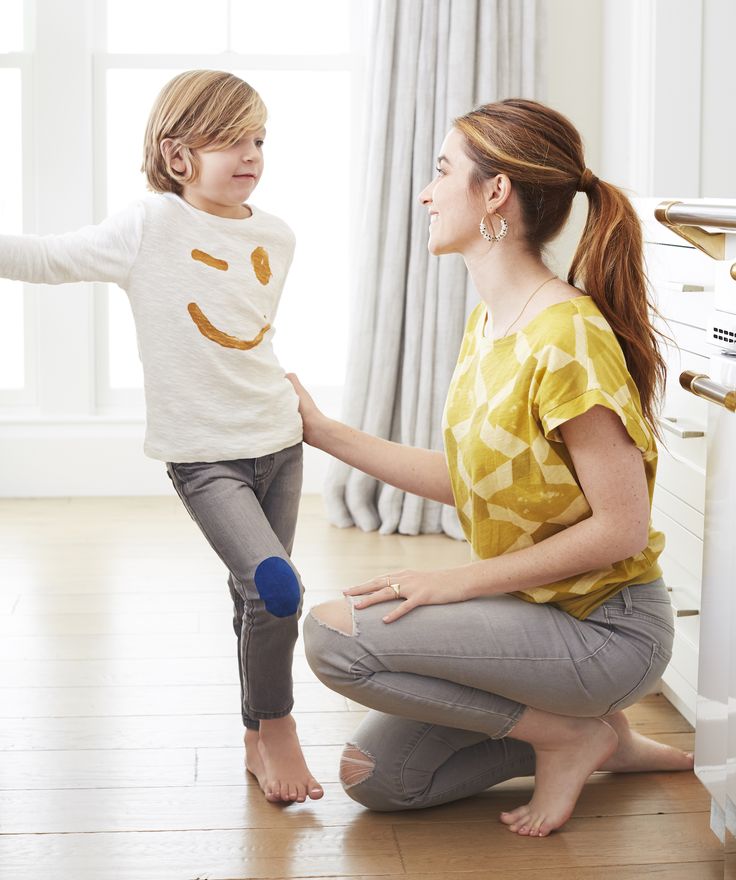 Personally, I do everything possible to quickly quit my administrative position and never return to it again.
Personally, I do everything possible to quickly quit my administrative position and never return to it again.
Yes, there are professions in which there is no way without higher education: a doctor, a lawyer, an architect - but not everyone aspires to these doors. Now there are many professions that our parents or university professors at the university have not heard of.
Myth No. 5. You need to enter right after school
We were taught
A practice popular in the West gap year (free year after school) in Russia is perceived as a year of parasitism. Teenagers are being moved from one desk to another, not being allowed to look at the real world in which they will have to live when the era of assessments ends. I don’t personally know a single person who consciously took a gap year - but I know those who spent it in the army or complexed that they didn’t pass the competition.
For parents, this year is a complete horror. After school, I did not enter the budget and wanted to try for the next year, but my mother did not allow me to be on the list of children "for whom I am ashamed." As a result, I still got my gap year (and not even one) right in the middle of my studies, after the second year, when I least expected it.
Going to university right after school turned out to be a fatal mistake, because I spent both money and time, but got nothing in return.
Parents do not want to provide for a child who, instead of studying, decided to "test himself and see the world." For some reason, this is fundamentally different for them than supporting a teenager while he is studying. Probably, most adults have a bad attitude towards the gap year, because they lived at a time when such a thing did not even exist.
Of course, only wealthy people can afford to send their child to travel or at least let them do whatever they want (if they themselves got rid of outdated stereotypes, of course).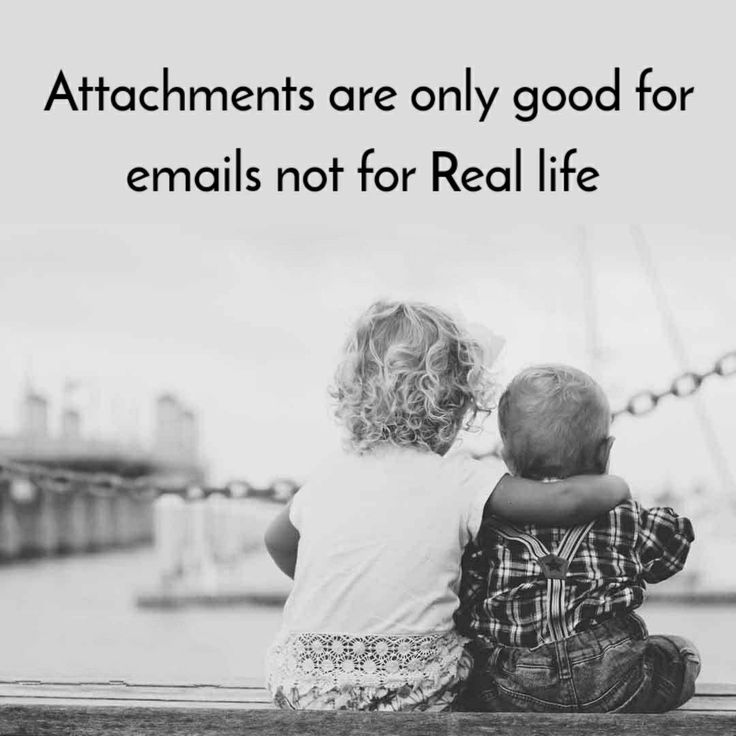 But in poor families, delaying graduation for a year means postponing financial independence. Adolescents from such families often start working while still studying, and if they were given a free year, they would probably not look for themselves, but immediately went “to the machine”. The lack of money in general casts doubt on existential quests: who will pay for them?
But in poor families, delaying graduation for a year means postponing financial independence. Adolescents from such families often start working while still studying, and if they were given a free year, they would probably not look for themselves, but immediately went “to the machine”. The lack of money in general casts doubt on existential quests: who will pay for them?
At best, at the university, we feel out of place. At worst, it's like being in prison. We could accept the choice of our parents or make it on our own and make a mistake. But it’s not so scary to realize the wrongness of your own choice as to lose the opportunity to decide on your own.
Yes, teenagers don't know life. Yes, we may regret our choice. But we need to learn to think for ourselves and be responsible for the consequences.
And parents first insist on enrollment, and then on the fact that they will certainly complete their studies. Leaving university turns out to be just as psychologically difficult as not going to it after school - even if you realized that it was a very bad decision. Both initiatives are taken away from us, usually with the words "I know better what will be best for you." As a result, four years at the university may turn into the same years of "parasitism" that the gap year promised to become. After them, you will have to look for yourself again.
Both initiatives are taken away from us, usually with the words "I know better what will be best for you." As a result, four years at the university may turn into the same years of "parasitism" that the gap year promised to become. After them, you will have to look for yourself again.
Turned out
You don't become a social outcast if you don't go to university right after high school, or if you drop out of college and your gap year starts later. It is much more efficient to taste life after school in order to understand whether you need education at all or in your future field you need to immediately plunge into practice, having mastered the base that does not require four years of memorizing textbooks.
Gap year normalization would give universities more motivated students who will study knowing their goals, and not because their parents forced them or the military registration and enlistment office prepares an agenda.
Two years after leaving the university, I still did not understand what I wanted from life. But I realized what I definitely do not want. I don't want to be a doctor, a scientist, or a lawyer, and I'm not a fan of studying for the sake of studying, so I don't want to go to university at all. But I am still the same child under the pressure of my parents, so I am again enrolling in the correspondence department, if only they would leave me behind. Yes, I make the same mistake, but with less damage to myself. I stopped scolding myself and accepted the fact that being lost at 20 is normal and not ashamed.
But I realized what I definitely do not want. I don't want to be a doctor, a scientist, or a lawyer, and I'm not a fan of studying for the sake of studying, so I don't want to go to university at all. But I am still the same child under the pressure of my parents, so I am again enrolling in the correspondence department, if only they would leave me behind. Yes, I make the same mistake, but with less damage to myself. I stopped scolding myself and accepted the fact that being lost at 20 is normal and not ashamed.
When you go to university consciously, understanding why you need it, then your studies bear fruit, and there is no feeling of sitting out your pants. Unfortunately, it’s difficult to become such a determined student right after school, but at the age of 20 it’s just right.
It's hard to think for yourself and be responsible for your life after many years of parental control, because now the blame for everything falls on my shoulders, and not on my mother's, father's or grandmother's.
Building your own life is scary, but priceless.
See also
It's hard to be young: I wish someone would give me these 9 tips at 20
Myth No. 6. The future can be easily “spoiled”
We were taught
From childhood, we are instilled with a keen sense of responsibility for our future, as if our every action in adolescence will fatally affect our entire future life. This makes it seem like quitting university, choosing to hang out on the weekends instead of going to the library, or going on an unplanned trip is a disaster.
We were hammered into our heads with a blueprint for an ideal life, which we had to move along like steps: school, university, work, family, pension. But if something goes wrong, everything will collapse! The feeling of hyper-responsibility for every decision is shackling. We are afraid to take risks and change our lives, because it seems that we immediately turn off the intended path.

 It led to huge fights with her husband, Steve, also a Menninger psychologist, and to a rare crying outburst from her otherwise strong, self-sufficient 16-year-old.
It led to huge fights with her husband, Steve, also a Menninger psychologist, and to a rare crying outburst from her otherwise strong, self-sufficient 16-year-old.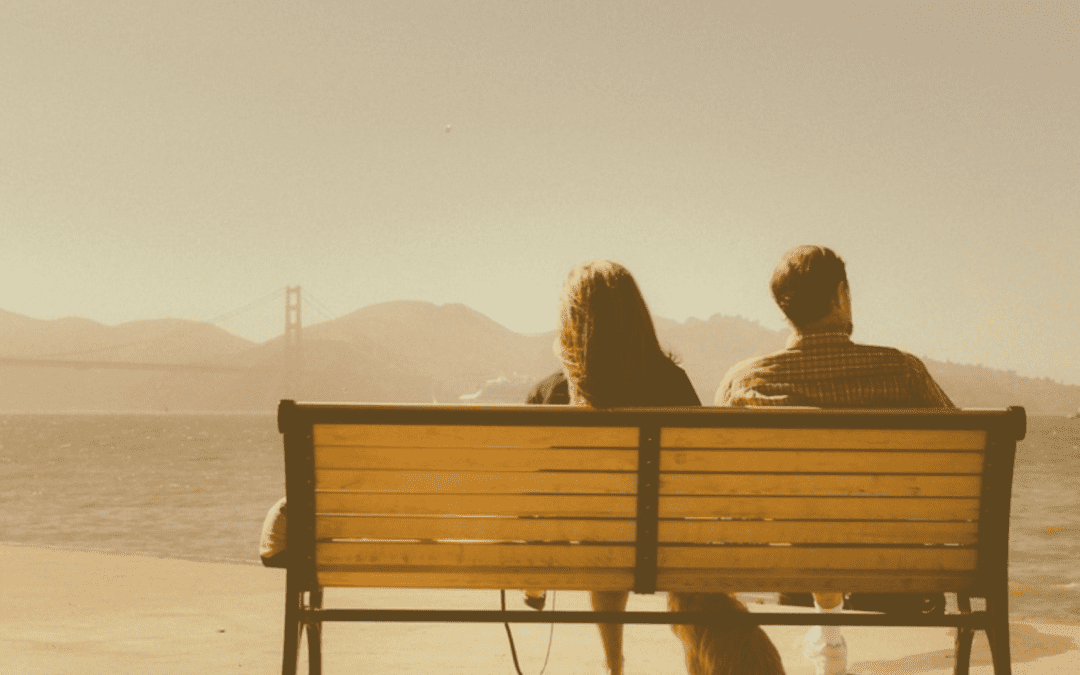 And she writes about the paradox of how, at the same time, these mothers feel a profound love and attachment for their kids.
And she writes about the paradox of how, at the same time, these mothers feel a profound love and attachment for their kids.